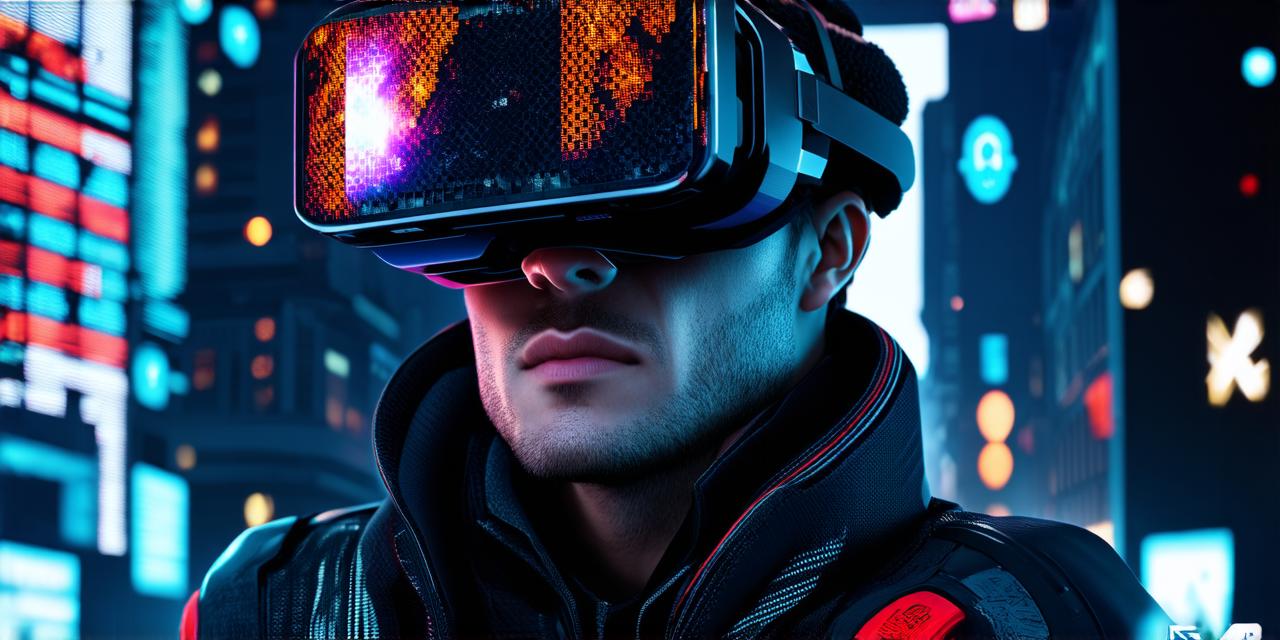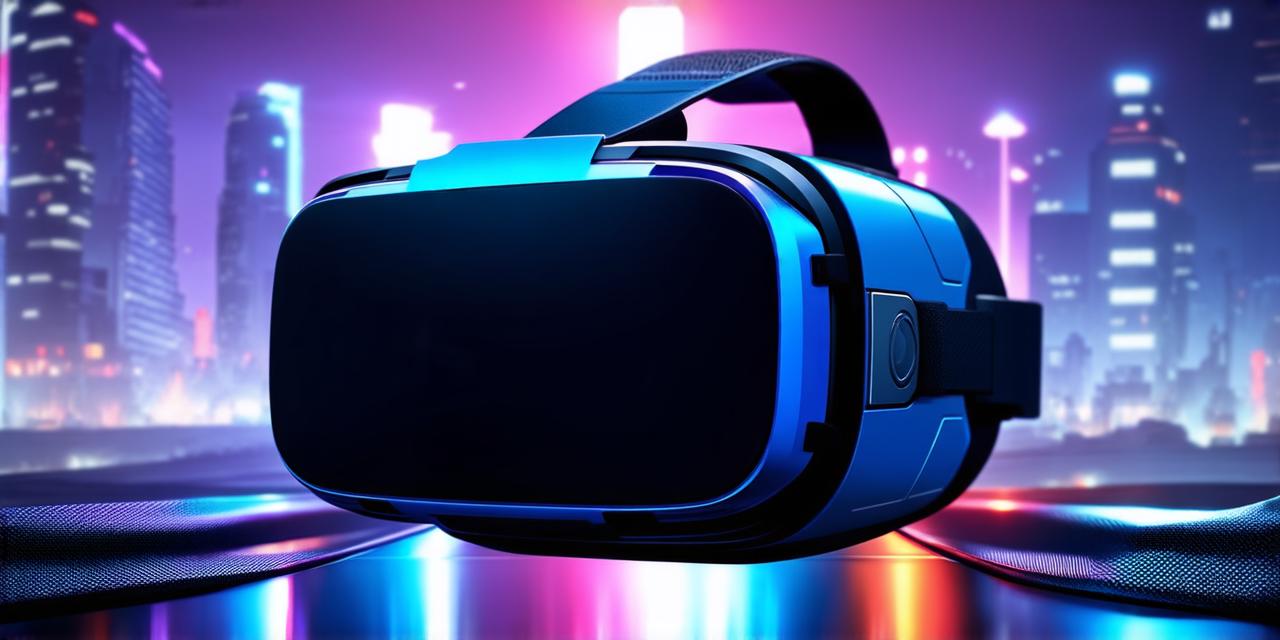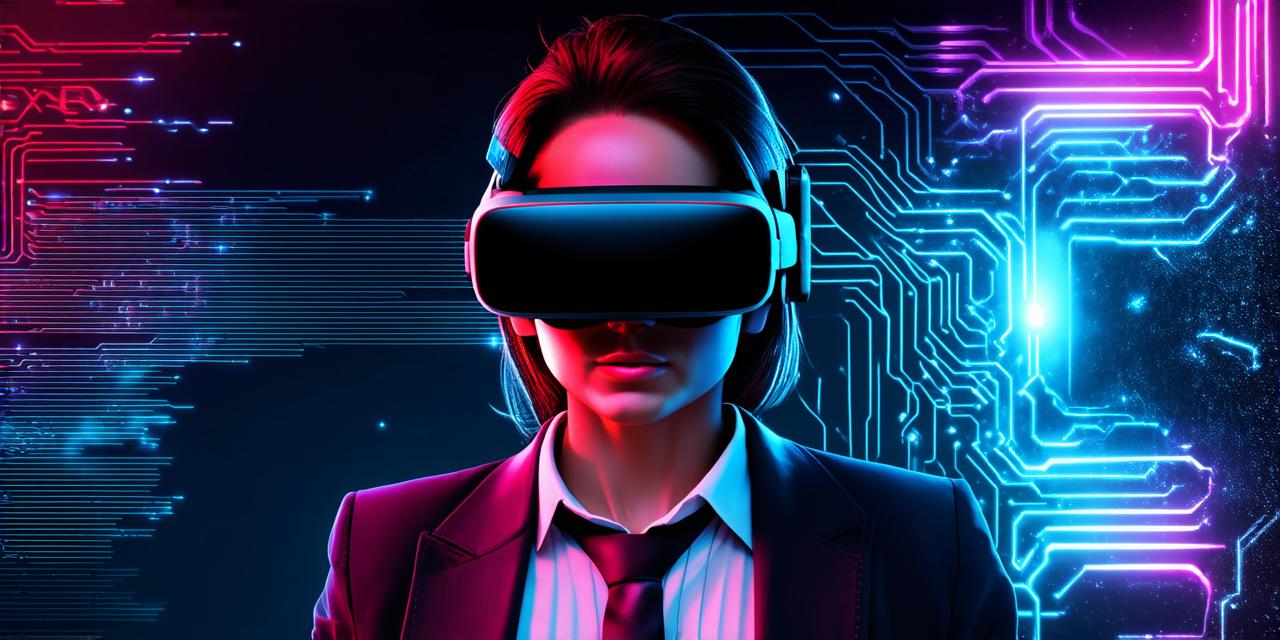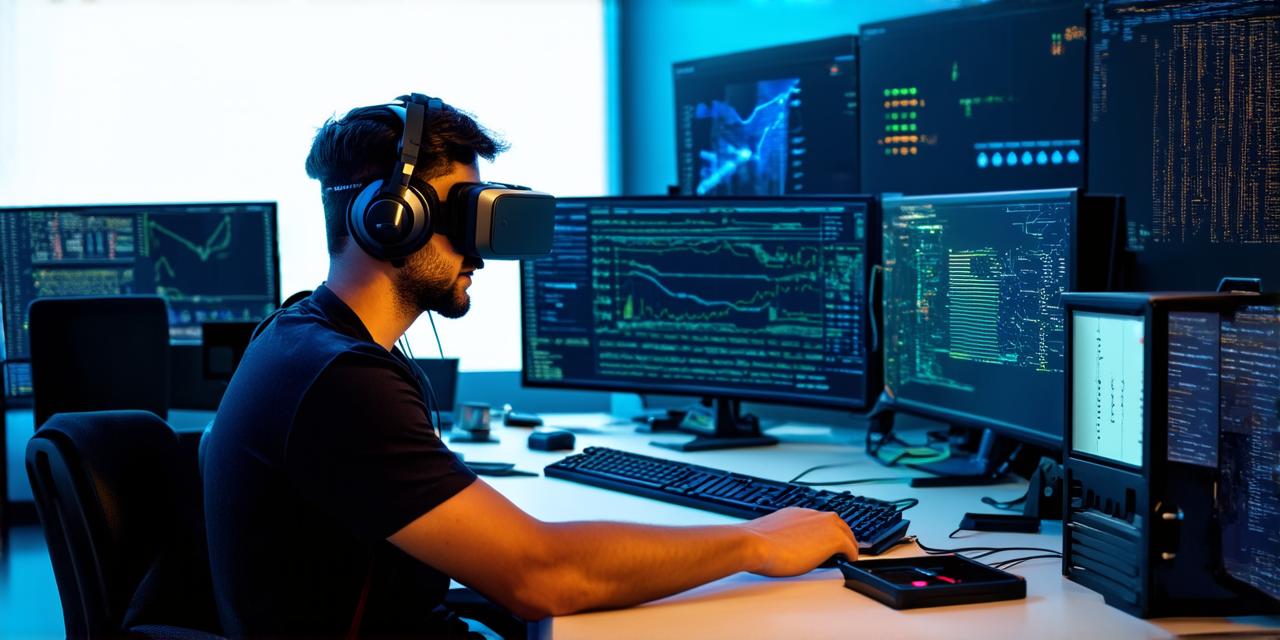Virtual reality (VR) has emerged as a transformative technology that has had a significant impact on various aspects of our lives. In this article, we will explore how VR has influenced society, from gaming to healthcare and beyond.
Gaming and entertainment
Virtual reality has revolutionized the world of gaming, allowing players to immerse themselves in a fully interactive and immersive experience. VR games have become increasingly popular, with millions of people around the world using VR headsets to play everything from first-person shooters to puzzle games.
One of the key benefits of VR gaming is the ability to create highly realistic environments that can be difficult or impossible to achieve in real life. This has led to the development of new and innovative gameplay mechanics, such as room-scale VR and haptic feedback technology, which allow players to physically interact with virtual objects.
Virtual reality has also had a significant impact on the entertainment industry, with many major studios and networks investing heavily in VR content production. This has led to the development of new forms of storytelling, such as interactive movies and VR experiences that put the viewer at the center of the action.
Education and training
Virtual reality has also had a significant impact on education and training, with many institutions using VR technology to simulate real-world scenarios in a safe and controlled environment. This has led to improved learning outcomes, as students are able to practice skills in a realistic setting without the risk of injury or damage to equipment.
Virtual reality has been used in a variety of fields, including medicine, aviation, and military training. For example, surgeons have been able to use VR technology to simulate complex procedures, allowing them to practice their skills in a safe environment before performing the procedure on a real patient.
Similarly, pilots have been able to use VR simulations to practice flying in challenging conditions, such as inclement weather or low visibility.
Therapy and mental health
Virtual reality has also had a significant impact on therapy and mental health, with many therapists using VR technology to treat a range of conditions, including anxiety, depression, and post-traumatic stress disorder (PTSD). VR technology can be used to create highly realistic simulations of triggering situations, allowing patients to confront their fears in a safe and controlled environment.
Virtual reality has also been used to treat phobias, such as arachnophobia (fear of spiders) and acrophobia (fear of heights). By exposing patients to virtual environments that simulate these situations, therapists have been able to help patients overcome their fears and improve their overall well-being.
Summary
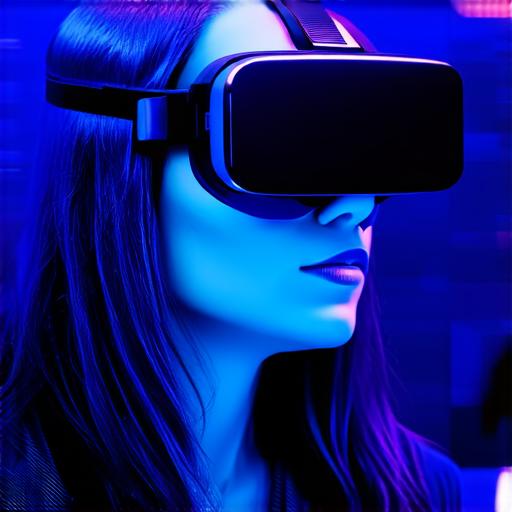
Virtual reality has had a significant impact on society, from gaming to healthcare and beyond. As the technology continues to evolve, we can expect to see even more innovative uses for VR in the future. Whether it’s immersing yourself in a highly realistic game or simulating real-world scenarios in a safe environment, virtual reality has the potential to transform the way we live and work.
